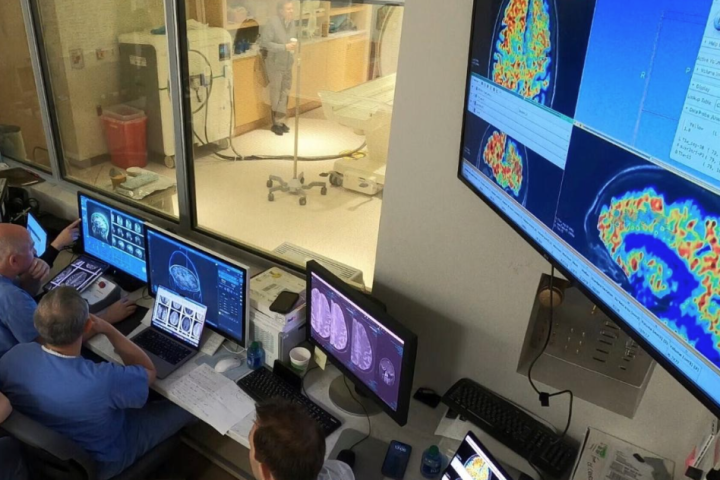For millions of people throughout the world, relief from protracted bouts of depressing thoughts and oppressive feelings comes in the form of pills, with each dose helping to maintain the balance of a common neurotransmitter called serotonin.
Despite being widely used as a treatment for mood disorders, antidepressant medications’ working mechanisms are mostly unknown. The mechanism through which they combat depressive moods is unknown.
Even more alarming, such hypotheses might be totally incorrect, calling into doubt if sadness is really brought on by a major decline in serotonin.
- It’s the accumulation, after all: Trump is hurt by the hearings from January 6
- US launches Mineral Supply Partnership with several countries for clean energy technologies
There just isn’t enough data to show a relationship between depression and serotonin levels, according to a recent comprehensive analysis of earlier meta-studies and systematic analyses.
This does not necessarily imply that serotonin-based therapies aren’t also effective through some other, as of yet unidentified, mechanism. And nobody should think about stopping their medications without first talking to their doctors. But given that so many individuals rely on these pharmaceuticals, it’s critical to ascertain the true situation.
According to lead author Joanna Moncrieff, a psychiatrist from University College London, “it is always difficult to show a negative.”
But I believe we can confidently state that despite extensive studies carried out over many years, there is no convincing evidence that aberrations in serotonin, notably lower levels or reduced activity of serotonin, are the cause of depression.
Further research shows that the idea that mood disorders are caused by a chemical imbalance in the brain dates back to the middle of the 20th century, when it was hypothesized that depressed individuals had abnormal levels of the monoamine neurotransmitter noradrenaline.
The monoamine hypothesis was born out of the mistrust that was placed on serotonin, another well-known monoamine.
The idea that depression is a comparatively simple lack in some type of neurological happy juice was primed for popularity with the introduction of selective serotonin reuptake inhibitor (SSRI) antidepressants in the 1980s.
According to Moncrieff, there has been a dramatic rise in the use of antidepressants at the same time that the “chemical imbalance” theory of depression has gained acceptance.
Antidepressant prescriptions have increased significantly during the 1990s, with one in six adults in England and 2% of teens now receiving one in a given year.
It is easy to understand why the idea is taken so seriously as fact. It’s a straightforward issue with a straightforward solution that may be offered for sale.
With marketing and financial incentives taken into account, about one in five depressed individuals report feeling better while taking antidepressants.
About 80% of the general public now accepts that depression is caused by a chemical imbalance since the concept has been so ingrained in our collective psyche.
If you’re one of the people who is hearing all of this for the first time, you should know that the notion has been in doubt ever since it gained traction in the 1990s, with research after study failing to back it up.
Moncrieff and her team searched through renowned research databases like PubMed and PsycINFO using terms pertinent to meta-analysis studies on depression and serotonin, excluding those associated with conditions linked with other conditions like bipolar, as they were aware there might be enough studies to sustain the hypothesis.
Before calculating the degree of certainty for each study, independent reviewers evaluated the quality of the studies using generally recognized research standards.
A genetic association research, another umbrella review, and 12 systematic reviews and meta-analyses were among the 17 studies that were ultimately chosen.
Overall, the evidence for serotonin’s involvement in depression was, at best, marginal. Serotonin levels (and the blood-borne products of its breakdown) in people with and without depression were compared, but no difference was identified. Large investigations comparing the genetics of serotonin and the proteins that support it were also not conducted.
Although they tended to be uneven in their results and left room for competing theories, studies that directly examined the activity of the neurotransmitter’s receptors and its transporter were a little more supportive of serotonin’s function.
If you closely examine people who successfully use antidepressants, it does appear that their serotonin levels may be lower. On the other hand, when the body adapts to changes in biochemistry, this might be anticipated over time.
Molecular Psychiatry published the results of this study.





